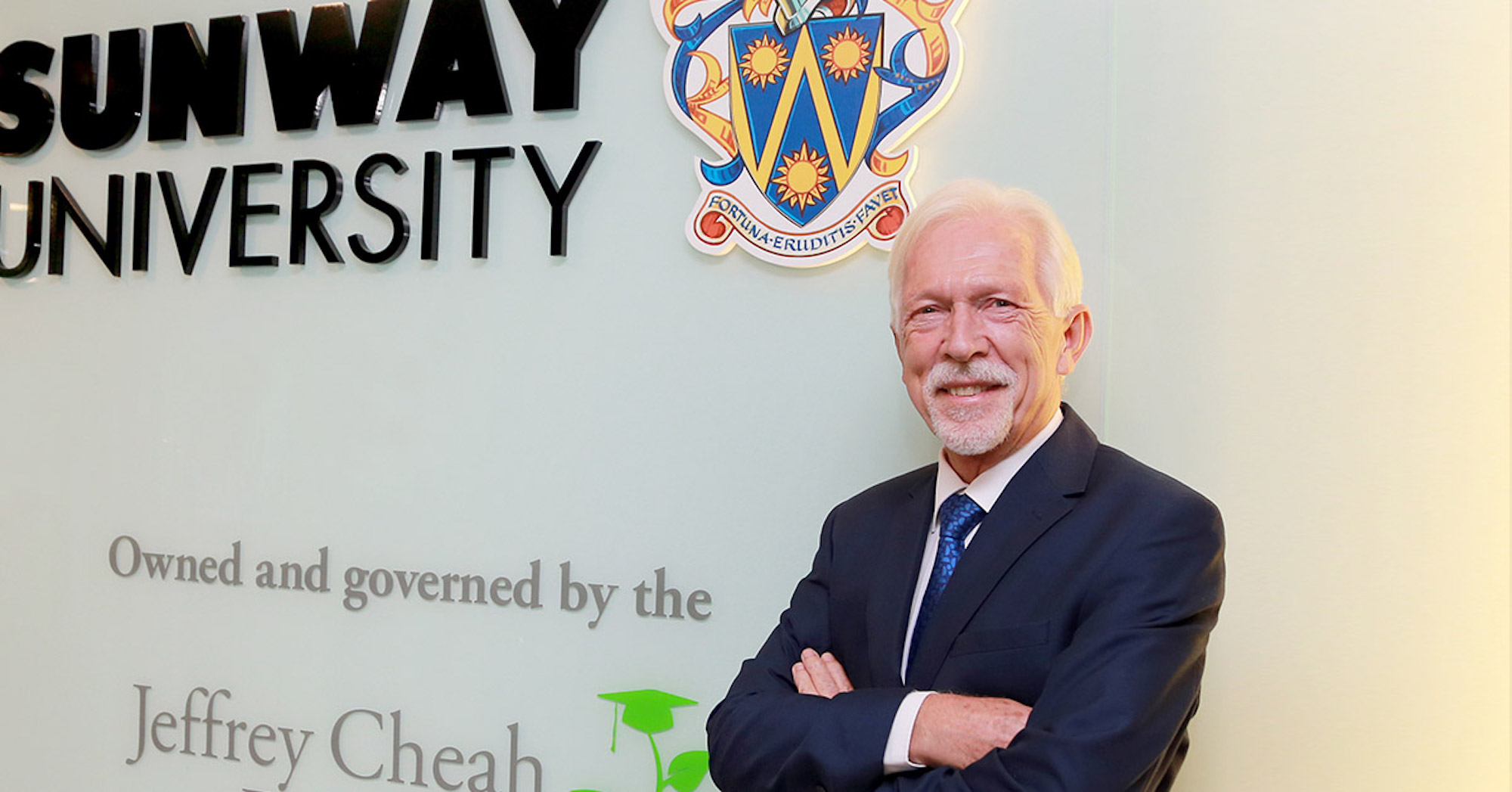There are more benefits than we realise

It’s an exercise people do every day and yet we might not consider the physical and mental health benefits of doing more of it.
If you ever feel physically sluggish, fatigued, or wish your mind felt less foggy, cultivating the habit of walking more might be what you need to feel more energised, uplifted, and mentally clear.
Throughout history, some of the most creative minds were avid walkers. From Charles Darwin and Vincent van Gogh to Steve Jobs and Mark Zuckerberg, they all relished the opportunity for exploration, reflection on ideas, and relaxation away from life’s general busyness and hustle.
In terms of our health, maintaining a regular walking routine (about 30 minutes most days) can increase cardiovascular fitness, strengthen bones, aid in weight control, and boost muscle power and endurance.
From a mental health perspective, making a habit of walking can help declutter our minds, alleviate stress, and reduce symptoms of anxiety and depression—especially if we’re walking in nature, such as around trees, lakes, or the sea.
To delve further into the benefits of walking, we interviewed Prof. Sibrand Poppema – President of Sunway University – who is a lifelong advocate of being physically active.
Originally from Groningen in the Netherlands, Prof. Poppema has lived in Malaysia for the past five years and has taken advantage of Sunway’s beautiful scenery and abundant walking spaces to continue enjoying the benefits of an active lifestyle.
With a background in medicine, culminating in a post-doc from Harvard, furthering his research on immunopathology, we wanted to learn more from Prof. Poppema about the health benefits of walking more and why we should consider making it part of our daily routine:
Where does your passion for walking – and exercise in general – come from?
My physical activity over the years evaluated from walking or biking to school to participating in various sports at high school and university, mostly soccer. In my late thirties and forties, I switched to jogging and, in my fifties, and sixties, to biking. This was my preferred home to work transport in the Netherlands with approximately 35 kilometers per day.
In Malaysia, biking is not really an option, so I switched again, now to walking. To regularly exercise it is beneficial to make it part of the daily routine. As such, we walk our dogs around Bayrocks Lake in Sunway in the morning and the evening, which is good for 40 minutes walking per day. I also walk to the university, which is another two rounds of 20 minutes, or when I go home for lunch, another two rounds of 20 minutes. My total daily walking ranges between 80 minutes and 120 minutes for an average of around 10 kilometers per day.
Where are your favourite walking spots?
Walking around Bayrocks Lake is extremely relaxing. There are many animals to be seen, ranging from fish, birds, squirrels (actually shrews), the monitor lizards, and even some otters.
Weather and environmental factors can influence outdoor activities. How do you stay motivated to walk, especially during less favourable conditions?
The most important factors for me is making walking a daily routine, having no car, and having a good umbrella! In general, rain is quite predictable in Malaysia and most of the time when one waits for an hour it’s gone already. Also, Sunway has many covered walkways which are safe and dry.
While some may dismiss walking as not being "proper exercise," it's known to offer various health benefits. What are some surprising neurological and/or physical advantages of walking that people may not be aware of?
The most prominent advantages of walking are weight control and diabetes prevention. What many people do not realise is that it also prevents or improves hypertension to the extent that regular walking can replace anti-hypertensive medication. Then of course it improves general fitness including immunity. Another benefit is that it gives you a chance to relax and to have space for quality thinking time.
What advice would you give to someone considering walking more but who’s unsure of how to start? What tips you would offer to ease into a more active routine?
Most important is to make it part of your lifestyle. This could mean taking public transport and walking. Even when taking the car, one might park a little bit further away from the office and walk the last part. Many have worries about the heat, in general in the morning and evening this is much less of a problem, and there is nothing that cannot be solved by a towel and a clean shirt. Start with a 20-minute walk and gradually progress to an hour.
Finally, keep in mind that you are literally working towards planetary health – your own health as well as that of the planet. Cars are one of the major causes of pollution and climate change. Reducing car use, where you can, is socially responsible and the benefits in the short and long term for our well-being far outweigh the convenience of driving everywhere all the time.
“All truly great thoughts are conceived while walking.”
― Friedrich Nietzsche




